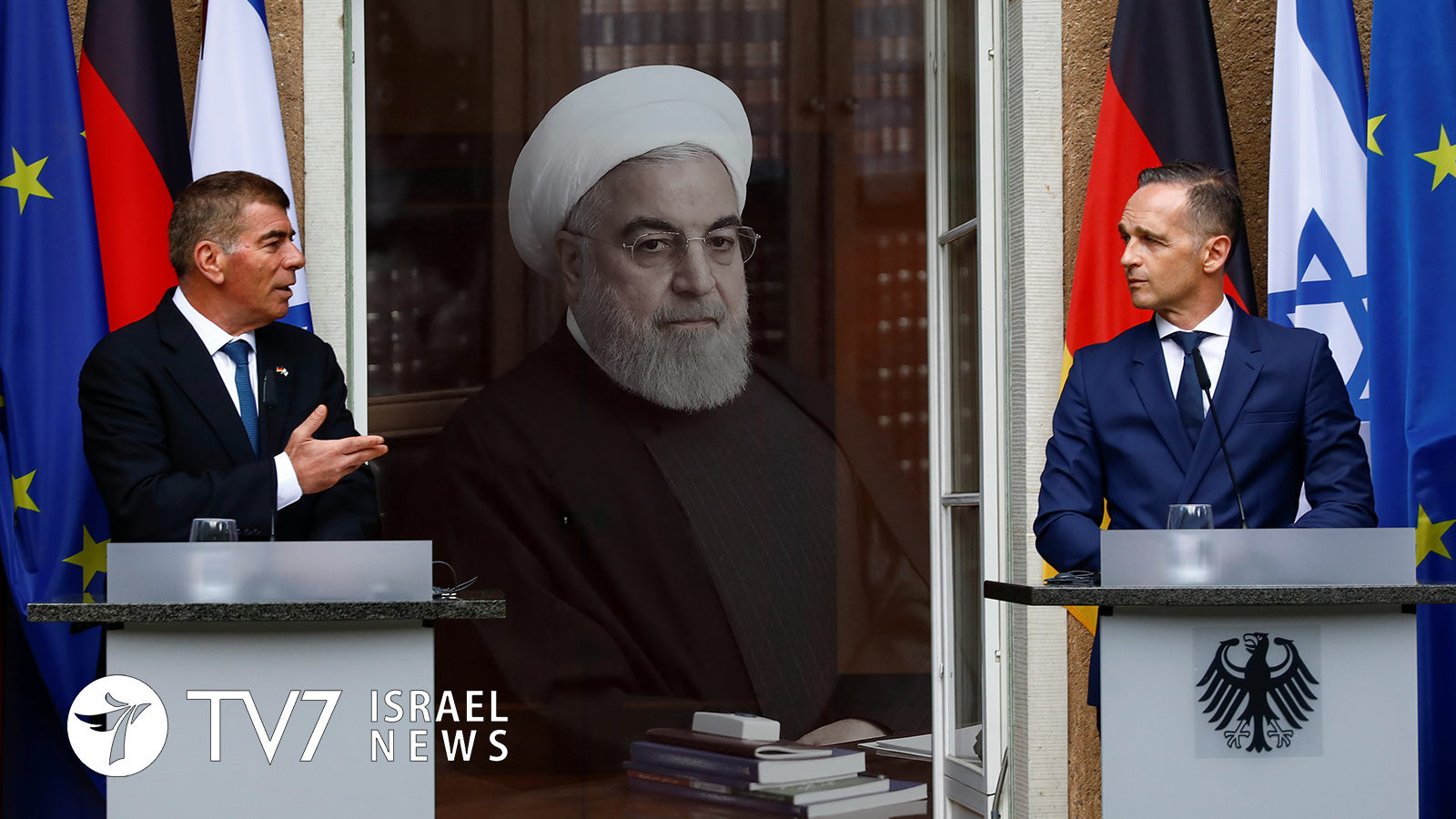The World Body’s Special Coordinator for the Middle East Peace Process Nikolay Mladenov warned that the deteriorating security situation vis-à-vis the Gaza Strip indicates a trend which soon may become irreversible. “Recently, the security situation in Gaza has deteriorated; a trend which soon may become irreversible. It is essential that the ceasefire agreement brokered by the UN and Egypt, which has proved effective since August 2018, be reaffirmed. Mediation efforts will continue; however, I am concerned that militant activity, especially incendiary balloons, rockets and a deteriorating humanitarian situation inside the Strip are rapidly eroding existing arrangements,” Nikolay Mladenov, U.N. Coordinator For Mideast Peace.
The United Nations’ envoy further asserted that “there is a moral imperative” to bring about a political solution to the conflict, unity among rival Palestinian factions and an end to the reign of militant organizations in the Gaza Strip – where the lives of two million desperate Palestinians are evidently being exploited for political interests. “There is a moral imperative to end all militant activity in Gaza, restore Palestinian national unity and lift Israeli closures. But the political solutions that must be provided by political leaders are nowhere in sight. Instead, we have a day-to-day, month-to-month, year-to-year patchwork of crucial humanitarian efforts to prevent war and try to sustain the lives of two million desperate Palestinians in Gaza,” Nikolay Mladenov, U.N. Coordinator For Mideast Peace.
Mladenov further commended Israel for its apparent commitment to suspend its intension to assert Jerusalem’s sovereignty over part of the West Bank; which the UN envoy referred to as “a most serious violation of international law.” “Israel’s commitment to suspending annexation removes an immediate threat that had the potential to upend the peace process and regional stability. The Secretary-General has consistently called for Israel to abandon these plans. Annexation would constitute a most serious violation of international law, effectively close the door to a renewal of negotiations and destroy the prospect of a viable Palestinian State and the two-State solution itself,” Nikolay Mladenov, U.N. Coordinator For Mideast Peace.
Elsewhere, in the halls of the United Nations Headquarters in New York;
The spokesperson for the UN Secretary General, Stephane Dujarric informed the press on the latest developments between Israel and Lebanon – following the exchange of fire between Hezbollah operatives and the IDF. “The UNIFIL Head of Mission and Force Commander, Major Stefano Del Col, remains in contact with the parties, urging restraint and requesting that all sides avoid any provocative action that could further escalate tensions and jeopardize the cessation of hostilities. The Mission has launched an investigation and calls on both parties to fully cooperate with UNIFIL to help determine the facts. The situation along the Blue Line has since returned to calm and UNIFIL is maintaining continuous presence in the area in coordination with the parties,” Stephane Dujarric, UN Secretary General Spokesperson.
It is important to note, per senior Israeli intelligence officials, that the unusual retaliatory response by the IDF against Hezbollah observation posts in Lebanon aimed to relay a clear threatening message to Hezbollah Secretary General Hassan Nasrallah; “If Hezbollah harms Israeli security personnel or civilians – the Iranian tentacle will face the full force of Israel qualitative edge.” One of the official, who spoke to TV7 on condition of anonymity, emphasized that “Hezbollah is under a magnifying glass. If it moves against Israel, it may find itself scorched into the ground.”
Turning now to Berlin, where;
German Foreign Minister Heiko Maas welcomed his Israeli counterpart Gabi Ashkenazi for his first official state visit; during which the two top diplomats reaffirmed the strong bilateral alliance between Berlin and Jerusalem. “It is still not self-evident 75 years after the end of the Holocaust that an Israeli foreign minister visits Berlin and that you dear Gabi have still come here at this time when Israel is experiencing tumultuous times, at a time that is tumultuous for all of us, underlines once again the relationship between our two countries.”
Among the topics discussed in their meeting, which also included a German official condemnation of the acts of terror employed by Hamas and Hezbollah respectively against Israel; Minister Maas welcomed Israel’s latest actions to promote peace, to which Germany is prepared to do everything in its power to support. “Of course it is a good thing that the Israeli government has suspended its annexation plans and this momentum should be used to give wind to the Mid-East peace process, also with the possibility of renewed talks between Israel and the Palestinian leadership. We all know that things are not going to happen overnight but to be clear, Germany is prepared to do everything in our power and all that is needed from us to support this process.”
“I think it is very clear and tangible that Israeli government policy moved from annexation to normalization. I think that’s an opening. That’s real, that’s concrete. And as I mentioned, we left the door open for our neighbors and now it is up to their decision and their choice to join. I think what happened with the UAE is a very strong demonstration that only through dialogue and negotiation we can make progress.”
Israeli Foreign Minister Gabi Ashkenazi also seized the opportunity to urge Europe, once again, to alter its policy vis-à-vis Iran. “Given the behavior of Iran, to allow them in less than two months to be able to get advanced and modern weapons systems and to spread them around the Middle East, I don’t think it’s productive and we would like to see the European countries and not just Germany preventing it. It’s not helpful for the stability in the region.”
